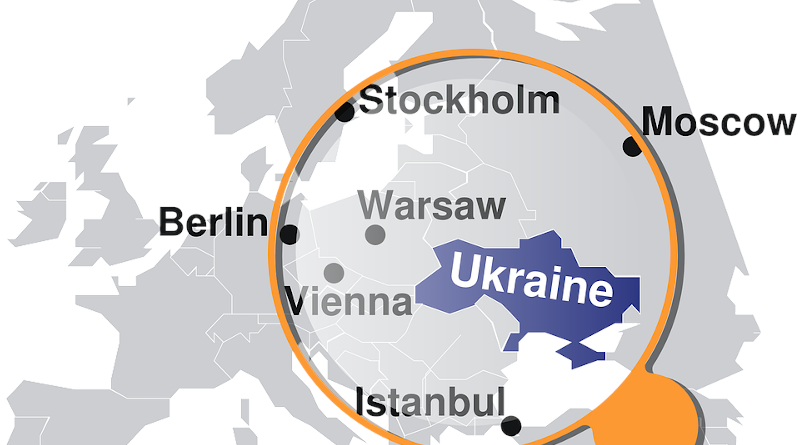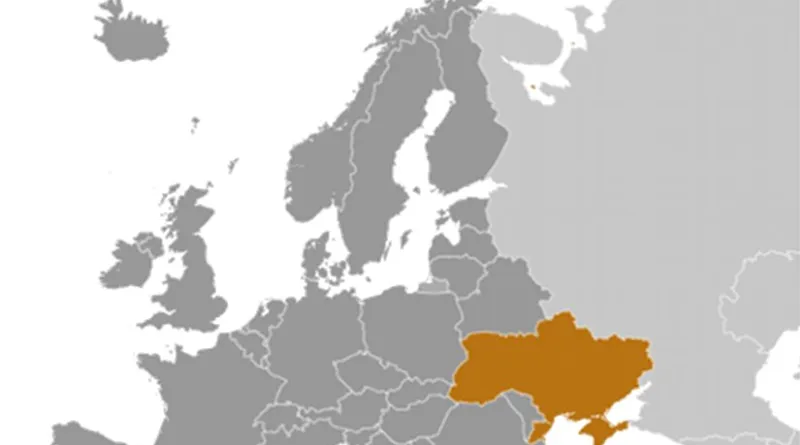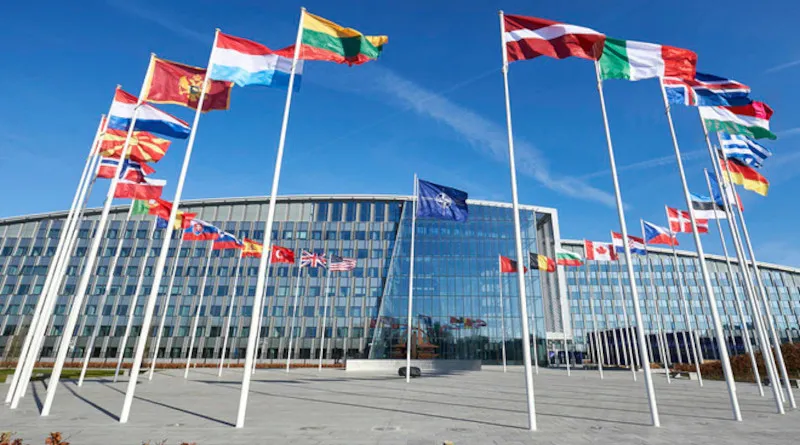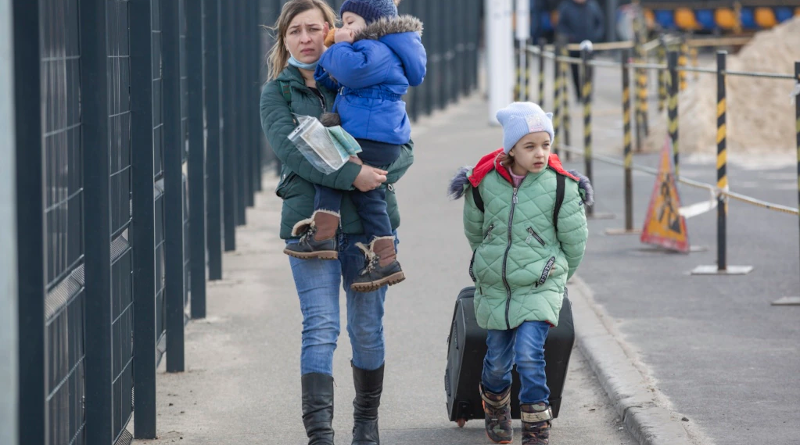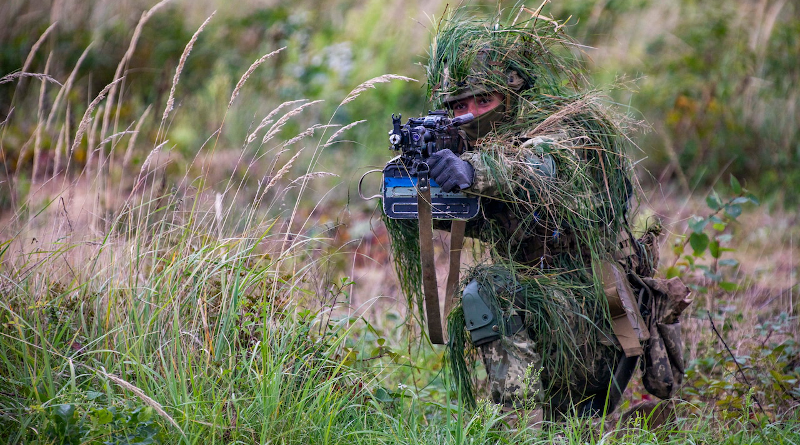“A point of no return.” Ukraine’s civil society leaders appeal to US, EU for “severest sanctions” to stop Russia
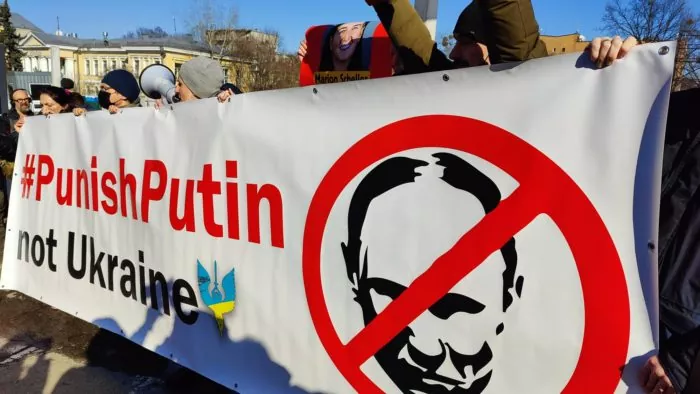
Urgent appeal of civil society leaders of Ukraine to the Congress of the United States of America
The lives of millions of Ukrainians are at stake, and hours of delay and wrong decisions may cost dear price. If the Russian Federation is not stopped by the severest sanctions now, a disastrous war will erupt in one of the biggest countries of Europe, a breadbasket of the planet. Moreover, this war has the potential to spill over into NATO countries and grow into a large-scale regional conflict.



